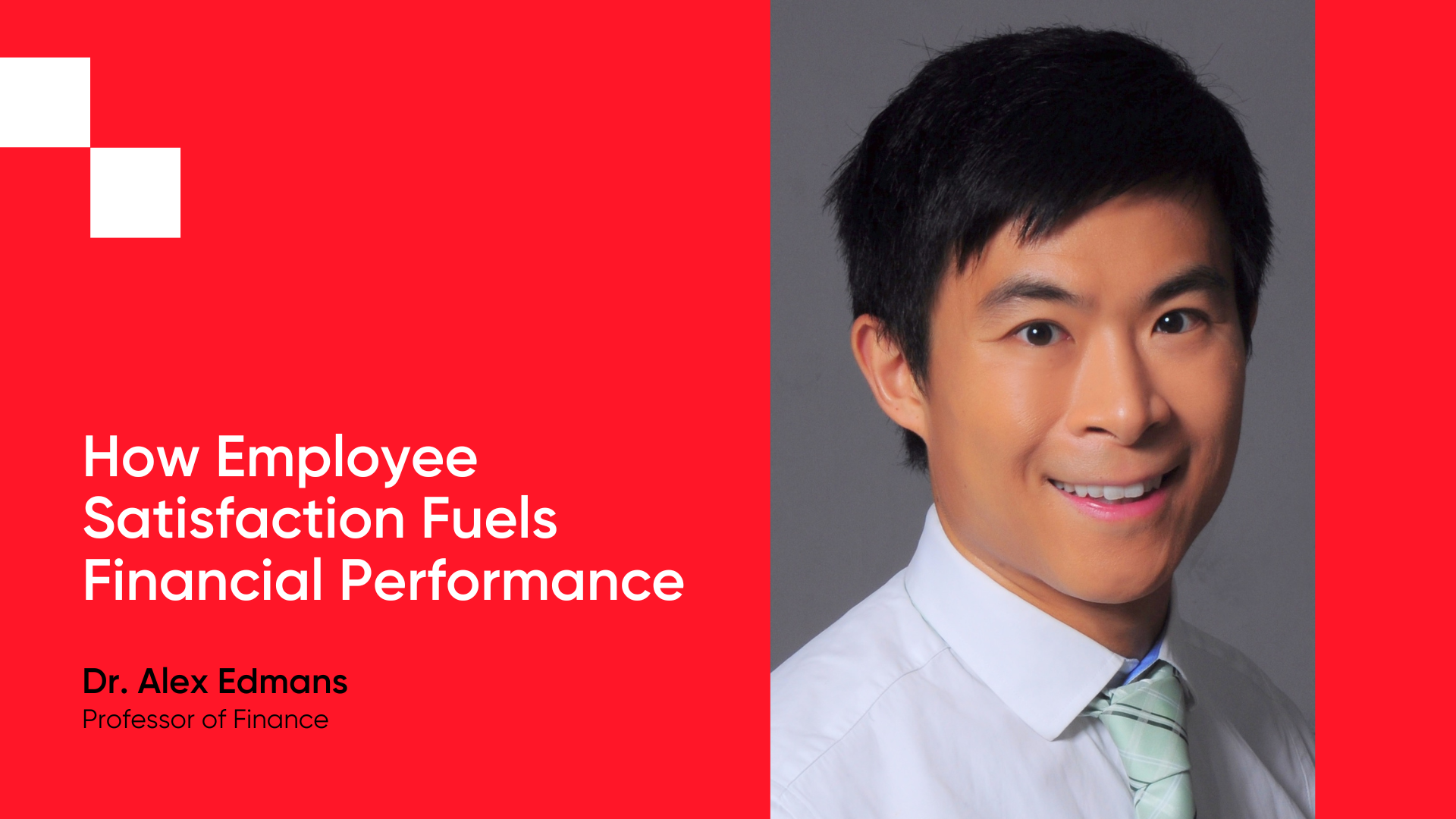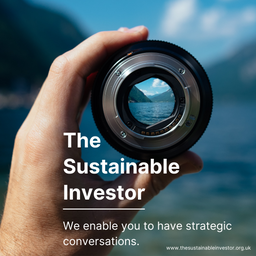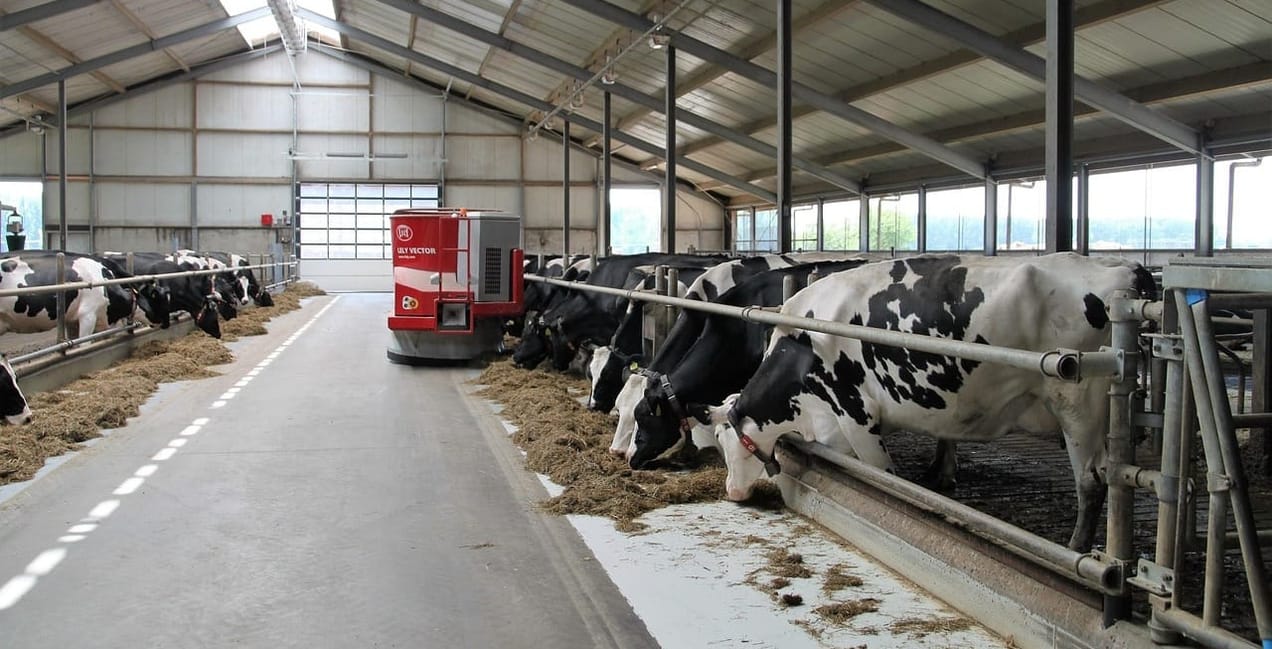Sunday Brunch: Sustainable investing - what is really in the share price?
We 'know' that a company's share price is determined by what happens in the future. And that this is where sustainability issues play their part, changing the likely course of the future. But how the share price responds depends on what investors are already expecting. Consensus matters.
If we want to persuade mainstream investors (and companies) to take sustainability seriously - then we need to help them understand what the market is currently expecting in terms of future profitability, how sustainability issues might change this, and how this might impact their share price. The market is pretty good at incorporating certain information (efficient markets hypothesis).
But we know it's poor at incorporating so called 'soft' issues such as the contribution of corporate culture. And I would argue that many sustainability issues are similar to corporate culture, in that the market struggles to properly incorporate them in setting share prices. There is some good evidence for this from Alex Edmans and others.

Valuing companies - a beginners guide
Most (hopefully all) investors learn about the importance of future cashflows in identifying a company's (or other financial assets) fair value.
And tied up in this are important concepts such as sources of (future) competitive advantage, financial returns on future investment, and of course the reinvestment opportunities that a company has. So far, pretty uncontroversial.
And we know that a whole range of sustainability issues will impact all of these. Changing technology & industrial processes, consumer preferences, and of course regulation, will all potentially reduce or increase a company's ability to generate a future financial return. This view is increasingly moving into the investing mainstream, although we still have some work to do on the difference between risks and opportunities for society, and financial risks to companies.
From here on, the logic becomes more challenging, as we add expectations to the mix. But it's worth sticking with me.
Understanding how changing market expectations impacts the share price is a key tool in convincing investors and companies to act.
Let's say that we have identified the future cashflows of a company and the impact that sustainability issues might have. And we estimate (using our assumptions) that the fair value of a company share is $100. And the current share price is $50.
What do we do? Many people will say, that's an easy one. The share is a clear buy.
But is that correct?
Assuming the analysis is broadly correct, why might the share price not match your estimate of fair value. Because the market is expecting an outcome different from yours. And in this case the market is expecting a more negative outcome (because the markets fair value is half of yours).
We call the market expectation 'consensus', and it's really important. Consensus contains information that is really useful to investors. And that information should also be really useful to sustainability professionals.
Generating Alpha or Beating the Market
To understand why consensus is so important, we need to go back to what it is that most asset managers aim to deliver.
They want to generate a financial return that is greater than that from the wider market - called generating alpha.
If they cannot beat the market (or more strictly the benchmark they use) then why would asset owners (their clients) give them capital to invest? It would be way more cost effective, and better for financial returns, just to buy an index tracker.
Remember that the share price is set by the current expectations of all of the investors in that market. If expectations go up, the share price rises. And if they go down, the share price falls.
So, when an asset manager buys a share, they are effectively saying - I have more positive expectations about the future of this company than the market does.
Understanding market expectations = consensus
We see the most obvious evidence of the importance of consensus in the immediate response to company results. It's normal to read statements in the financial press such as 'company X has beaten expectations for the third quarter, and the share price is up at the open'.

The financial results beat (or maybe the guidance offered or the commentary provided) resulted in market expectations rising. And as we said earlier 'if expectations go up, the share price rises'.
But it's not just the day of a results release where beating consensus matters. Market expectations also matter in the longer term. And this is where it gets more difficult.
Whereas short term consensus (around say quarterly results) can be easy to find and understand, deciphering market expectations about the long term is tougher, much tougher. We can get some headline numbers (sales, operating profit etc), but they lack granularity, and they become less useful the further out they go.
From a sustainability perspective, it's the long term expectations that really matter. For instance, the future of the automotive sector will be driven by relative sales of EV's and traditional petrol/diesel cars over the next decade, not the next quarter.
It is possible to estimate long term market expectations from the current share price. Regular readers will know that we like a book on this from Mauboussin and Rappaport 'Expectations Investing'. Its really worth a read.

We appreciate that many sustainability professionals will not want to go to the level of detail that they discuss in the book. But even a high level analysis can reveal some good pointers as to where sustainability issues may have a material impact. For instance, it could be that the current share price appears to assume steadily growing demand for a key product. But upcoming sustainability related changes could end up leading to lower demand or even demand falling.
We can then use 'off the shelf valuation' models, such as those available on the website of Aswath Damodaran at NY Stern. That is a bit beyond the scope of this blog, but it hopefully illustrates how we can use consensus to give an idea of the scale of the possible impact of sustainability related issues on future profitability and cashflows, and hence share prices.
That is the best way to reach investors and companies and drive change.

On a personal note some of you might have noticed that I have published a lot less over recent weeks. I don't get paid to write these blogs, it's a personal mission of mine to use my investment experience to assist in delivering the sustainability transitions. And sometimes family becomes the priority. To misquote Allen Saunders and more recently John Lennon "life is what happens to you while you're busy making other plans”. And sometimes life serves you some hard knocks. Hopefully we have turned the corner.
One last thought
The 'facts' that investors believe to be true really do matter. If investors are positive (bullish) about a company's future prospects, they will think its financial value should be higher. And if they are negative (bearish) they will think it should be lower.
Why do we call this sentiment rather than fact? Because valuation is about the future, and as a result it's fundamentally unknowable. At its core financial markets are driven by what investors believe to be true. This applies to important energy markets such as Oil & Gas ( = stranded asset concerns), and to industrial sectors such as steel and mining. If investors believe that demand for non green products will decline, then that will be negatively reflected in share prices.

Grant me the strength to accept the things I cannot change, the courage to change the things I can, and the wisdom to know the difference. Reinhold Niebuhr - a Lutheran theologian in the early 1930's
Please read: important legal stuff. Note - this is not investment advice.







